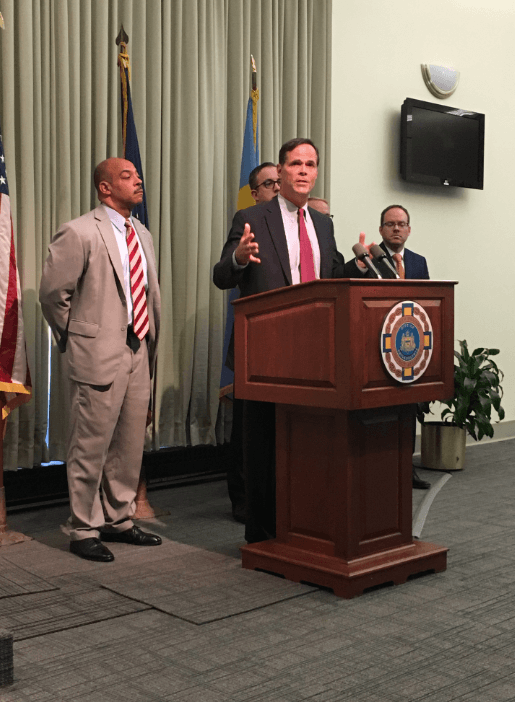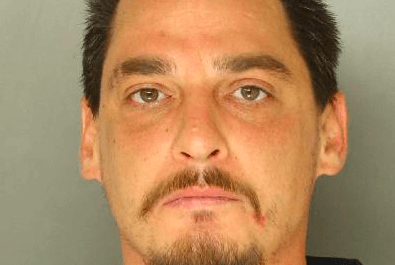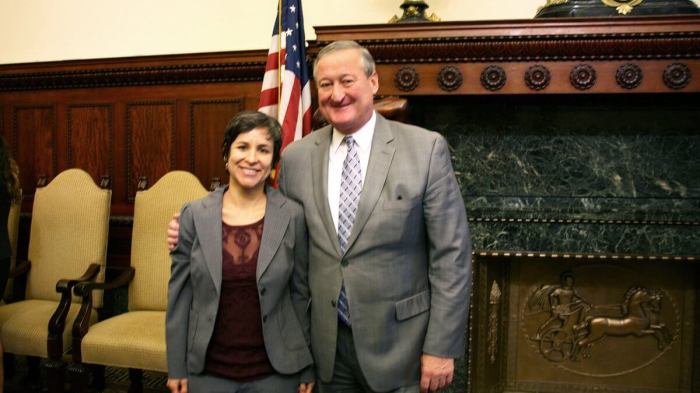District Attorney Seth Williams and Committee of Seventy CEO David Thornburgh warned Philadelphians Wednesday of what to do should they encounter any sort of election fraud on primary day next Tuesday. For two decades now, the good-government group Committee of Seventy has partnered with the DA’s office on election issues, especially when it comes to alerting Pennsylvanians’ of who their elected officials are, who’s in the running and where to go to vote. Williams said Wednesday during a news conference that his Election Fraud Task Force would be out in full force on April 26 and anyone having any trouble casting their vote should call 215-686-9641/9643/9644 if they experience any difficulty. RELATED:Trump, Clinton seeking big New York wins
“It is always busy at the polls on presidential primary day, so voters should make sure they check their registration and know the location of their polling place before they head out to vote,” said Williams. “And, as always, if someone sees a violation or experiences any difficulty in casting their ballot, they should reach out to the Election Fraud Task Force so we can protect each Philadelphian’s right to vote — and we do protect the city’s voting processes. For example, last year we charged nine people with various voting violations.” Williams said the Election Fraud Task Force is comprised of more than 60 assistant district attorneys and several dozen detectives who watch out for illegal voting, candidate write-in issues, refusals of election boards to recognize poll watcher certificates and illegal electioneering. RELATED:What to know about Tuesday’s presidential primary election Don’t be surprised if you see some high school students at polling places, either. Thornburgh said his team is deploying more than 400 high school student “election ambassadors” to help answer voters’ questions as well as to encourage voters to fill out an online survey to share and document their experiences at the polls. “Also, if you see something, say something — something out of bounds, some intimidation, some potentially illegal activity,” said Thornburgh.
“The first thing is to say something to the election board. That’s what they’re there to do. There are over 5,000 men and women who serve on election boards throughout the city and that’s really the first line of defense.”
Philly preps for primary day

Jenny DeHuff






























